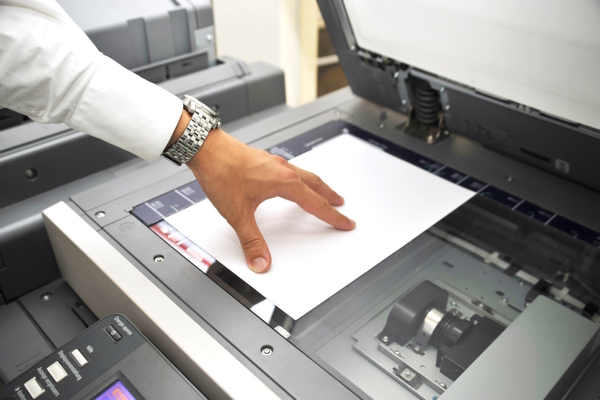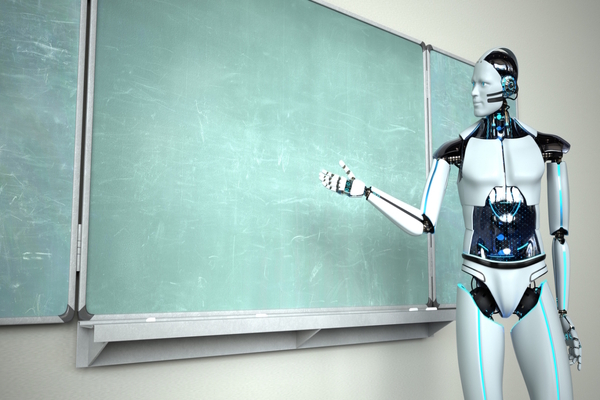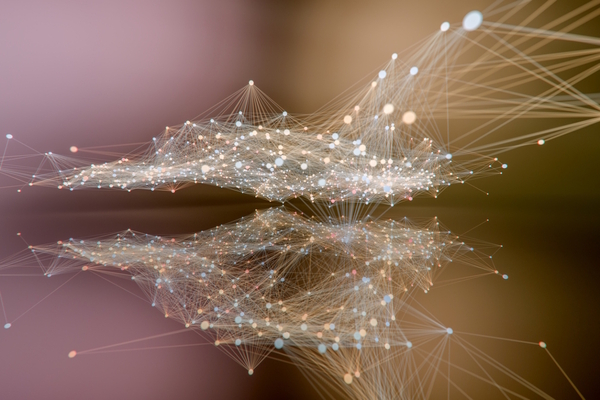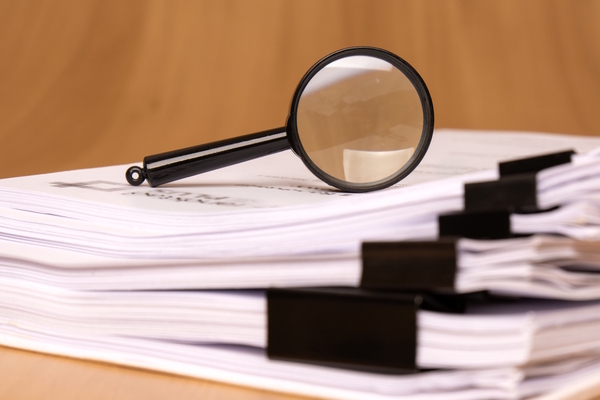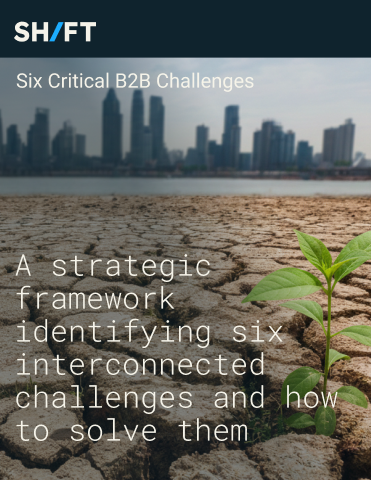Redesigning work for the AI-powered future
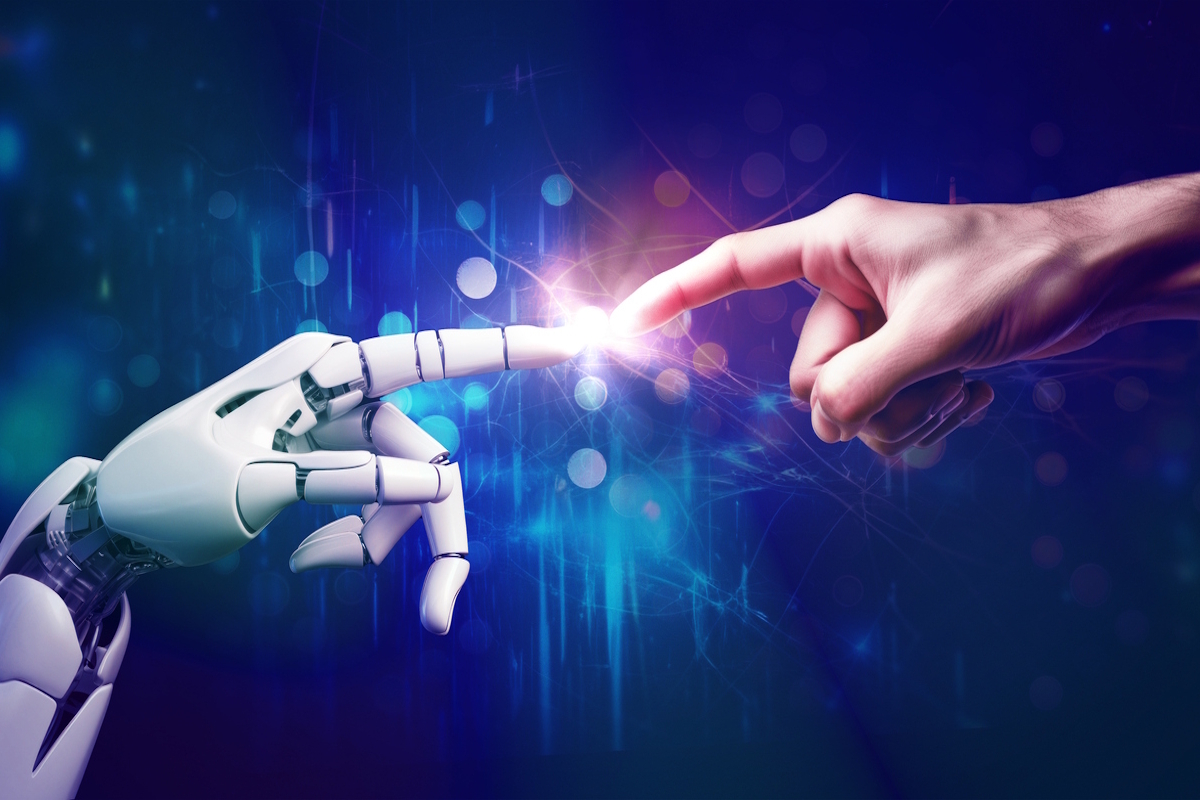
AI has the power to unlock people’s potential. Jayne Mather at Limelight Consulting describes how leaders can future-proof workplaces without replacing jobs
In my new book Humans and AI: The Future of Work, I offer an achievable but bold reimagining of the workplace where people and machines work in harmony and peak productivity goes hand-in-hand with a positive employee experience.
Particularly in the UK, we’ve had some hard times: austerity, Brexit, the pandemic and the cost-of-living crisis. However, AI gives us an unprecedented opportunity to boost both organisations and the economy, as well as redesign work for human and AI collaboration that can benefit us all. Estimates of the amount that could be added to the UK economy within the next decade range from £300 to 500bn.
Redesigning work starts with re-engineering our processes. Your as-is processes were designed for humans and may include wasteful or inefficient steps that your AI agents and robot workers don’t need to do, or can do in a different order, or can do simultaneously in seconds. AI and automation are enablers of transformation, but in our redesign, we start with the human experience and build outwards.
We can redesign work so that technology is not here to replace us, but to elevate what we do. AI should be seen as a tool to enhance and accelerate our abilities, not a competitor for us to fear.
In this AI-powered workplace, humans remain at the centre. The goal is not just efficiency, it’s fulfilment. Productivity improves, but so does well-being, development, and engagement. After all, people are still the organisation’s greatest asset, it is people that will drive change, and it is people that will make the future a success for you.
That’s why when redesigning work, several principles should guide the way:
- Nothing is off the table. Innovation demands a willingness to question everything. Be open to all possibilities, experiment freely, and embrace every idea, whether it ends in success or in valuable failure.
- Involve everyone. Employees must be included in the conversation, from idea to execution. When people co-create the future of work, they take ownership of it.
- Design for human–AI collaboration. Humans bring creativity, empathy, and critical thinking to the role, and machines excel at repetitive and data-intensive tasks. Teams and processes need to be redesigned to accommodate the strengths of both.
- Modernise your culture. Process change is pointless if your culture stays stuck in the past. Redesigning work means shifting mindsets and embracing change. Culture must support adaptability, curiosity, and collaboration.
- Leadership must be bold. Leaders must guide from the top, advocating for experimenting with new technology and demonstrating agility and courage.
- Have a vision. Employees need to see not just where the organisation is heading, but why it matters.
At the heart of all this lies one key insight: AI and automation give us the gift of time. The value of AI isn’t just in what it saves; it’s in what it frees us to do. The time saved should not simply be measured in cost savings. It should be valued by what people can accomplish with it.
So, what can we do with this gift of time?
1. A four-day work week
It’s time to rethink the traditional workweek. With AI and automation driving efficiency gains, we have the opportunity to redistribute those benefits. A four-day week could lead to improved mental health, higher job satisfaction, and lower absenteeism, all without compromising productivity.
An AI-first mindset could supercharge motivation. We could achieve huge productivity and efficiency gains and as an incentive for making this happen, employees end up working less hours for the same pay, with no loss of revenue for the business. That’s a future worth designing.
2. Reskilling programmes
Every job will be touched by AI. We must invest heavily in reskilling as the workforce of the future will need new, hybrid-skilled professionals. We’ll need factory workers trained to use AI machinery, marketers who understand machine learning, salespeople adept at predictive modelling, medical and caring professionals using digital twin technology.
Both leadership and L&D teams must step up, we no longer need solutions for solving today’s problems we urgently need to prepare people for jobs that don’t yet exist and a workforce capable of constantly evolving as AI matures.
3. More meaningful work
Automation eliminates the mundane so we can focus on the meaningful. By freeing people from repetitive tasks, we can give people time to work on more value-added activity.
When employees spend more time doing the work that excites and fulfils them, they bring their best selves to work. Resulting in a team that’s not only more productive but operates with energy and innovation.
AI has been trained on all of our data; it will impact all of our lives - why shouldn’t we all reap the dividends from these technology advances? Artificial intelligence and robotics can do things so much faster than all of us, and put to the right uses, we could see huge leaps forward in creating a better world for all.
Universal basic income, reduced workweeks, investment in the arts and lifelong learning - these aren’t fringe ideas anymore. They are essential responses to the disruption AI brings. Importantly it will also give value to the necessary but often unpaid work such as volunteering, caring, parenting, or community engagement.
It is possible to implement AI and automation without replacing people, and in a way that people will trust and get behind. Employees must understand that AI exists to support, not replace them. We need transparency on the vision, the AI-made decisions, why it’s being used, and how it benefits their work. When trust is built, adoption follows.
The goal is not just to integrate technology, but to enhance the human experience of work. The future doesn’t have to be humans or AI. It’s about humans and AI.
Jayne Mather is a Senior Change and Transformation Consultant for Limelight Consulting. Her second book ‘Humans and AI: The Future of Work’ is out now. To find out more about Jayne’s ideas on technology adoption visit jaynemather.com/
Main image courtesy of iStockPhoto.com and Adrian Vidal

Business Reporter Team
Most Viewed
Winston House, 3rd Floor, Units 306-309, 2-4 Dollis Park, London, N3 1HF
23-29 Hendon Lane, London, N3 1RT
020 8349 4363
© 2025, Lyonsdown Limited. Business Reporter® is a registered trademark of Lyonsdown Ltd. VAT registration number: 830519543

